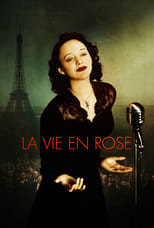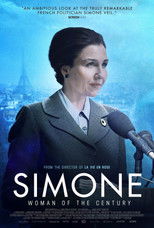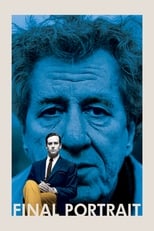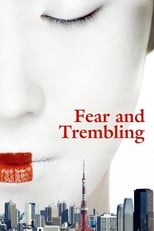Sylvie Testud
¿Quién es Sylvie Testud?
She decided to become an actress during her youth, after having admired actresses in films. She then took acting lessons in Lyon with the actor and director Christian Taponard. In 1989, she moved to Paris to study history, as well as drama lessons in free classes at Cours Florent, then at the National Conservatory of Dramatic Art for three years, with Jacques Lassalle and Catherine Hiegel for teachers.
In the early 1990s, she obtained her first small roles in the cinema, then in feature films such as The Story of the Boy Who Wanted to Be Kissed by Philippe Harel (1994), Le Plus Bel Age..., by Didier Haudepin (1995) or even Love, etc. by Marion Vernoux (1996).
In 1997, Sylvie Testud experienced her first great success at the cinema in Germany with the film Beyond Silence by Caroline Link, for which she learned German, the clarinet and sign language. She is rewarded as best actress by the German Film Prize (the equivalent of the César for best actress). In 1998, she played her first major role in French cinema and enjoyed great success in France with the role of Béa in Karnaval, the first feature film by Thomas Vincent, for which she was nominated for the César for best female hope and received the Michael Simon Prize. She then began an important acting career with a preference for auteur cinema.
In 2000, her performance in La Captive by Chantal Akerman (adaptation of the novel La Prisonnière by Marcel Proust) earned her a nomination as best actress at the European Film Prize. In 2001, she obtained, for her second nomination, the César for best female hope for the remarkable interpretation of Christine Papin, one of the Papin sisters, in Les Blessures assassines by Jean-Pierre Denis, based on a news item from 1933.
Trabajos destacados
Géneros más habituales en las películas de Sylvie Testud
Géneros más habituales en las series de Sylvie Testud
Compañeros de trabajo recientes de Sylvie Testud
Las imágenes y retratos de actores o actrices mostrados en este sitio web son obtenidos de la base de datos de The Movie Database (TMDB). En el caso de que alguna imagen o fotografía sea incorrecta, ofensiva o infrinja derechos de imagen, puede ser editada o eliminada de TMDB, lo que resultará en su eliminación correspondiente en este sitio. En última instancia, los usuarios también pueden utilizar el formulario de contacto ubicado al pie de la página para solicitar la corrección o eliminación de cualquier contenido.
The images and portraits of actors or actresses displayed on this website are sourced from The Movie Database (TMDB). In the event that any image or photograph is incorrect, offensive, or violates image rights, it can be edited or removed from TMDB, subsequently ceasing its display on this site. As a final recourse, users may also utilize the contact form located at the bottom of the page to request the correction or removal of any content.

















